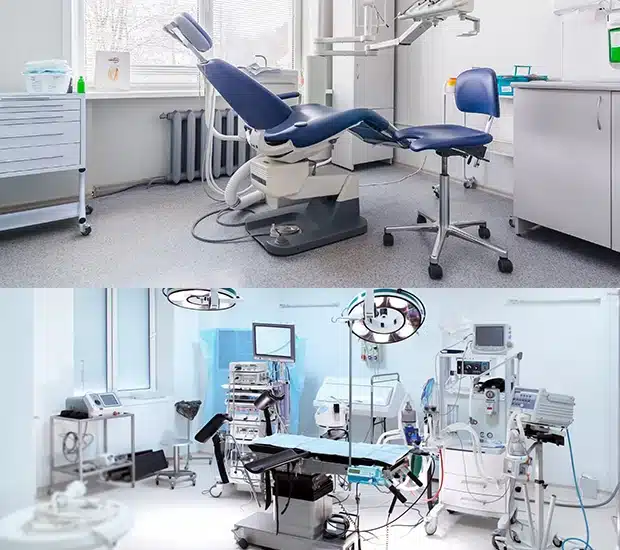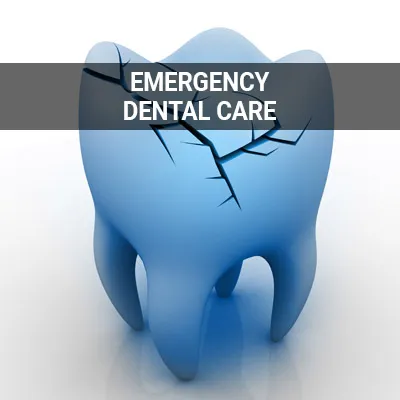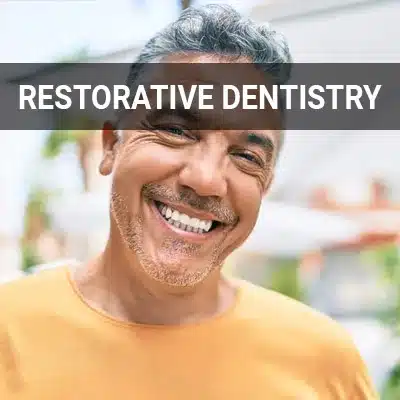
Emergency Dentist vs. Emergency Room, Glendale AZ
If you experience a dental emergency, it is important to know an emergency dentist is just a phone call away. Many dentists who provide emergency services make themselves available 24 hours a day, as emergencies can arise at any time. Emergency dentists are professionals who treat walk-in and last-minute patients who require immediate care.
Emergency dental care is available at Singh Smile Care - Dentist Glendale, AZ in Glendale AZ and the surrounding area. In the case of a dental emergency, you should ideally contact our office first. However, there may be times — such as when an issue arises at night, over the weekend, or on a holiday — when your first instinct is to rush to the emergency room. In these situations, carefully consider the severity of the problem and whether it necessitates ER care.
Dental emergencies can arise at any time of day or night, and in a variety of situations. When one does, call Singh Smile Care - Dentist Glendale, AZ at (623) 400-6009 to get the immediate treatment you need.

When To Go Straight to the ER
When a Patient Experiences Trauma to the Face
If a blow to the face or accident results in chipped, cracked, or lost teeth, an emergency dentist should be equipped to handle the situation. However, when the accident or incident causes extensive facial trauma, such as broken bones, puncture wounds, lacerations, or damage to the soft tissues, it may be a good idea for the injured party to seek medical care before emergency dental care. Emergency dentists may have the capacity to restore oral health, but most cannot set broken bones, sew up lacerations, or perform other extensive medical procedures.
When an Emergency Dentist Is Unavailable
If someone experiences a dental emergency aside from those mentioned above, and if an emergency dentist is not immediately available to handle it, then the patient should head to the hospital. Though ER personnel may not be able to treat the underlying condition, they can help the patient manage the pain and other symptoms until an emergency dentist becomes available.
There are actually very few dental-related concerns for which patients should head immediately to their hospital’s ER department.
When To Call a Local Emergency Dentist First
In the majority of oral health emergencies, patients should contact their emergency dentists before heading to the ER. In addition to helping patients manage symptoms, dental professionals can treat underlying conditions and ensure they do not grow worse. For individuals who are not sure what constitutes a "dental emergency" as opposed to a non-urgent yet uncomfortable situation, the ADA provides guidance. Per the ADA, a dental emergency is a situation characterized by one or more of the following:
- Bleeding that will not stop
- Infection accompanied by swelling or pain
- Painful swelling around or in the mouth, with or without infection
- Chipped, broken, or dislocated teeth
- Abscess with localized pain and swelling and no signs of complications
- Loss of a permanent or temporary restoration
Other problems that may necessitate immediate but not emergency care include broken, irritating, or malfunctioning dentures; oral sutures; and bent or broken orthodontic appliances or wires.
In addition to helping patients manage symptoms, dental professionals can treat underlying conditions and ensure they do not grow worse.
What Emergency Dental Treatment Entails
Emergency dental treatment looks different for everyone, as no two dental issues are exactly the same. However, some occurrences are more common than others, which means there are certain treatments emergency dentists perform more often than others. Examples of frequently performed emergency dental procedures include:
- Tooth extraction
- Tooth replacement (placing a knocked-out tooth back in the socket)
- Filling or crown replacement
- Tooth restoration
Regardless of what brings a patient to an emergency dentist’s office, dental teams typically thoroughly clean the mouth and around the affected area, take X-rays of the mouth, and focus on pain and infection management.
There are certain treatments emergency dentists perform more often than others.
Questions Answered on This Page
Q. When should I go straight to the emergency room?








